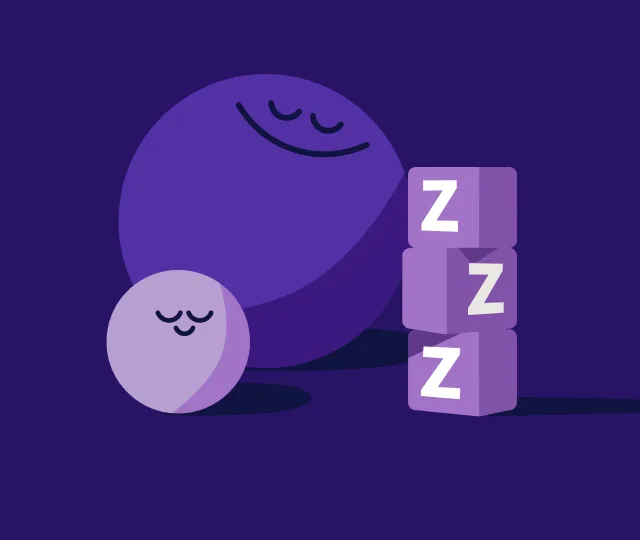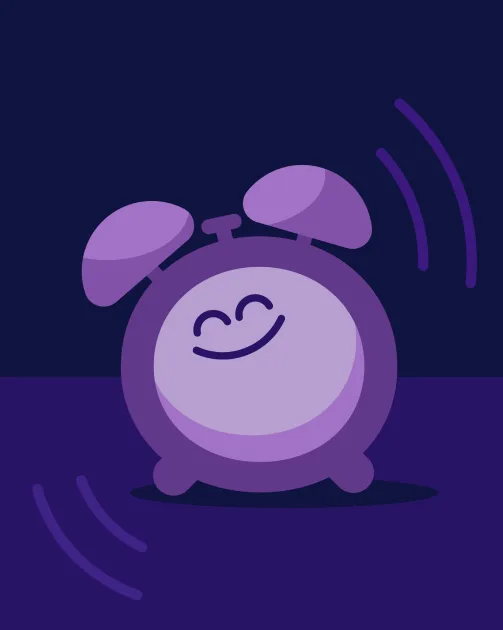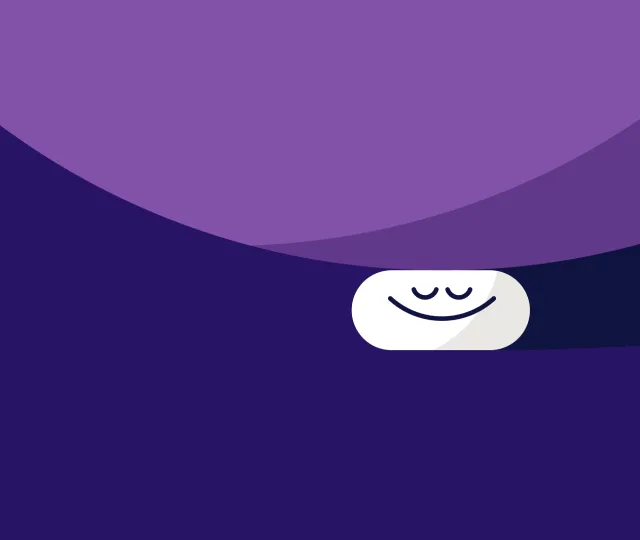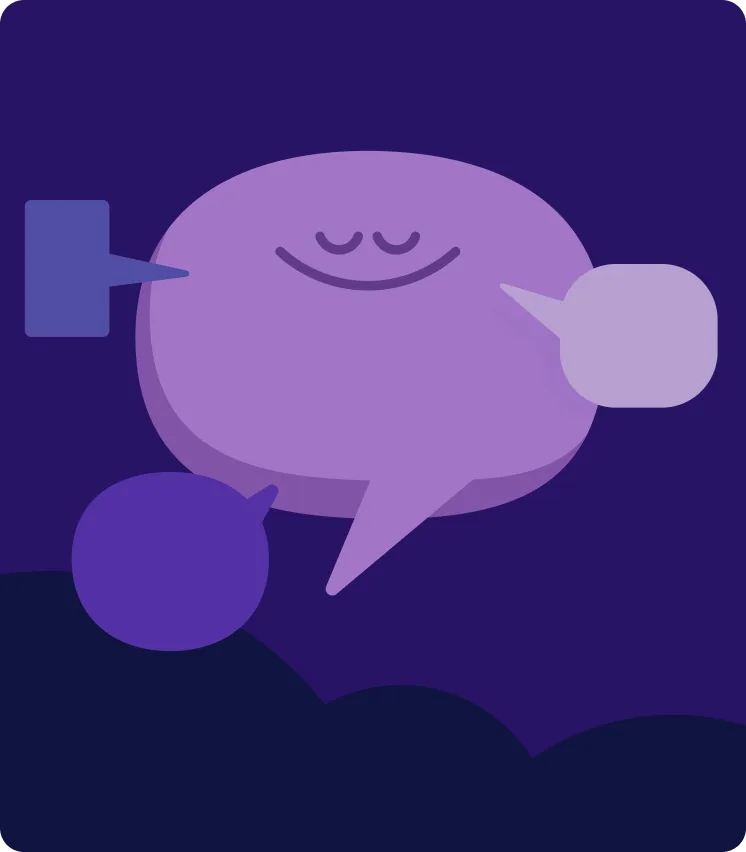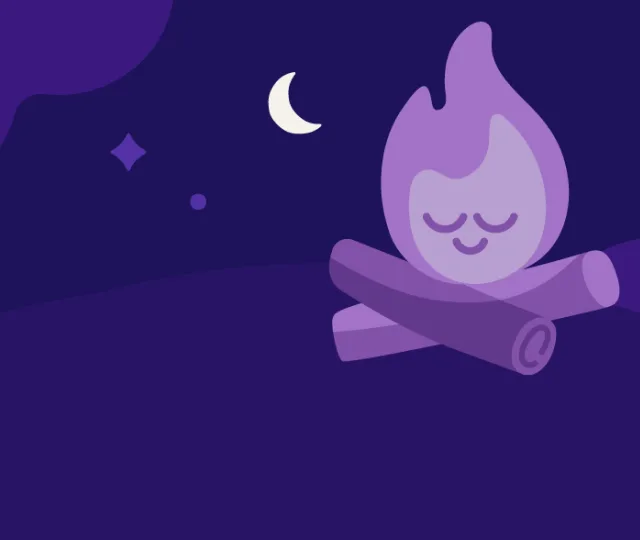6 things you can do to help you fall asleep faster
Kelton Wright
How well did you sleep last night? If the answer is “not well”, you’re not alone. Nearly one in three people have regular difficulty falling (and staying) asleep at some point in the year, according to a recent study done by the UK’s National Health Service. And it’s common, almost expected, that everyone at some point in their life will have some struggles with falling asleep, whether that’s because of jet lag, a new living situation, or just good old-fashioned stress.
Of course, when we can’t sleep, we worry about not sleeping, and the worry can further impair our ability to fall asleep. This is what we refer to as our “relationship with sleep”; how much do you think about sleep? What do you do during the day to ensure a good night’s rest? What do you continue to do despite knowing it may affect your sleep? Like any relationship, taking it for granted, or participating in activities you know to be hurtful, can affect the quality of that relationship. Here are some steps that may help you sweep sleep off its feet and get back to bed.
1. Examine your current routine
You might think this means your sleep routine, but it means your whole day. How we sleep tonight is determined by how we spend today. How much caffeine are you consuming? What about alcohol? Are you eating food that might upset your stomach? How much do you exercise, and more importantly, when are you exercising? Is it enough exercise to raise your heart rate for 15-20 mins? How much movement in general does your day hold? How much screen time are you getting? How late are you working? All of these questions can provide clues into why your sleep may not be optimal. Take notes of your routines, eating habits, and training schedule for a few days to determine which culprits might be interrupting your sleep.
2. Reconsider your coping mechanisms
If you’re laying in bed, unable to fall asleep, what do you do? Put on a show? Check Instagram for the third time that hour? These types of coping mechanisms may make the time laying awake more enjoyable, but they don’t escort us back into sleep very well. Instead, consider keeping a book by the bed, making a cup of tea, or listening to one of Headspace’s Sleep Sounds or a white noise app.
3. Goodnight, phone
Where is your phone when you sleep? Next to you? In bed with you? On the nightstand? That blue light emitted from screens delays the release of melatonin, thus delaying the internal clock which tells us to fall asleep. Try leaving the phone in another room and getting an alarm clock. If you’re resistant to just the idea of that, think about why. We’re all attached to our phones — it’s OK. But we can change that addiction by creating new habits. And if you need to be able to receive potential calls throughout the night, plug your phone in across the room where you need to get out of bed to retrieve it.
4. Look at how you’re talking about sleep.
This might seem hokey, but we often reinforce the stories we tell ourselves just through the telling. If you repeatedly say, “I can’t fall asleep before midnight,” then you may be reaffirming the problem. Negative self-talk like has been shown in several studies to be detrimental to self-esteem. Try to change the narrative about how you sleep. Instead of saying “I’m a bad sleeper”, try something like, “I’m really looking forward to falling asleep.” You’re not committing to a time, but just changing your mental approach.

5. Meditate
What keeps you up at night? More often than not, it’s thought. Whether you’re thinking about past regrets or future problems, how you relate to your thoughts can determine how much they delay your sleep. If you’re overwhelmed by stress and worries when you hit the hay, mindfulness can help you regulate your reaction to those thoughts, better enabling you to let them go and fall asleep. Studies show that mindfulness meditation can improve sleep. And in one Stanford study on the effects of meditation on insomniacs, by the end of the study, 60% of the participants didn’t even qualify as insomniacs. If you’re looking for a solution tonight, try Headspace’s Sleep Single.
6. Keep working on it
Changing your relationship to sleep takes time. It can be lonely and, well, tiring to struggle with sleep. To keep yourself motivated, follow the steps above, keep a sleep journal to see what might be causing the issues, and give Headspace’s Sleep pack a try. It’s a 30-day mindfulness course that helps us to understand how we approach sleep, and how to adjust that approach when it’s off. Tune in to Headspace’s Packcast for a roundtable discussion on how three different sleepers used the Sleep pack to improve their sleep.


Sleep made simple
- Find your perfect bedtime routine with hours of relaxing music, sounds, and stories to choose from
- Get more restful sleep with our Sleep Health course: exercises developed with leading sleep scientists
- Feel your best from morning to bedtime with access to hundreds of stress-relieving meditations
Annual - billed at $69.99 USD/yr
14 days free
$5.83 USD/month
Monthly
7 days free
$12.99 USD/month

Meditation and mindfulness for any mind, any mood, any goal
- © 2024 Headspace Inc.
- Terms & conditions
- Privacy policy
- Consumer Health Data
- Your privacy choices
- CA Privacy Notice

